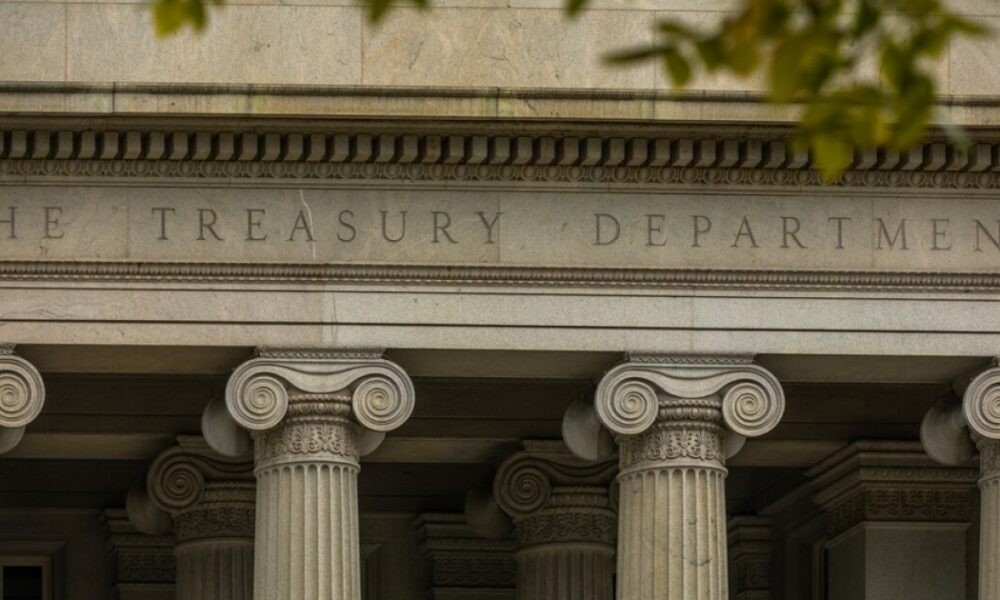URGENT UPDATE: The U.S. government’s gross national debt has surged to an unprecedented $38 trillion as of Wednesday, coinciding with an ongoing federal government shutdown. This alarming milestone marks the fastest accumulation of debt outside the COVID-19 pandemic, highlighting serious fiscal concerns impacting Americans’ future.
The latest data from the Treasury Department reveals that the national debt jumped from $37 trillion just two months ago in August 2023. The rapid increase poses significant risks, including higher inflation and eroding purchasing power for American families, according to experts.
Kent Smetters, a professor at the University of Pennsylvania and former Treasury official under President George W. Bush, stated, “A growing debt load leads ultimately to higher inflation, eroding Americans’ purchasing power.” He emphasizes the urgent need for fiscal responsibility to ensure future generations can afford basic necessities like home ownership.
The Government Accountability Office warns that rising debt can lead to increased borrowing costs for mortgages and car loans, stagnant wages, and more expensive goods and services. Smetters added, “I think a lot of people want to know that their kids and grandkids are going to be in good, decent shape in the future.”
Adding to the urgency, the Joint Economic Committee reported that the national debt has grown by an astonishing $69,713.82 per second over the past year. As lawmakers grapple with the shutdown, critics like Michael Peterson, chair of the Peter G. Peterson Foundation, expressed concern, stating, “Reaching $38 trillion in debt during a government shutdown is a troubling sign that lawmakers are not meeting their basic fiscal duties.”
In another dimension, Moody’s recently downgraded the U.S. government’s credit rating, citing the failure to manage the mounting debt responsibly. This downgrade could have lasting implications for borrowing costs and economic stability.
Despite the challenges, the Trump Administration claims its policies are aimed at reducing government spending and the deficit. Treasury Secretary Scott Bessent announced that the cumulative deficit from April to September 2023 totaled $468 billion, marking the lowest figure since 2019. The administration insists that decisive steps are being taken to foster economic growth and reduce inflation.
However, Peterson’s statement underscores the reality that interest costs are now the fastest-growing part of the federal budget, predicting spending of $14 trillion on interest in the next decade alone. This growing burden could hinder critical investments in both public and private sectors, affecting every American.
As the government shutdown continues, the focus remains on how lawmakers will address the ballooning debt and its implications for the U.S. economy. Observers are urged to stay vigilant for further developments in this unfolding crisis.
Stay tuned for more updates as this situation evolves.







